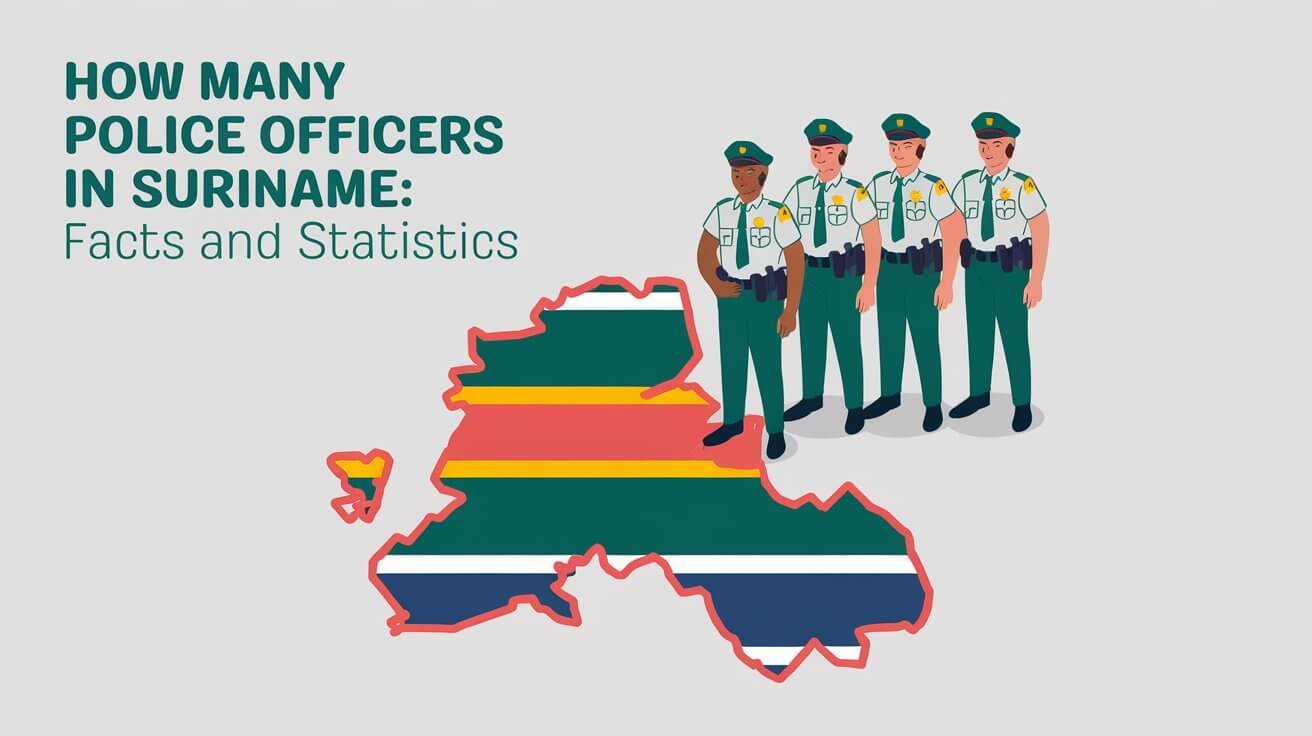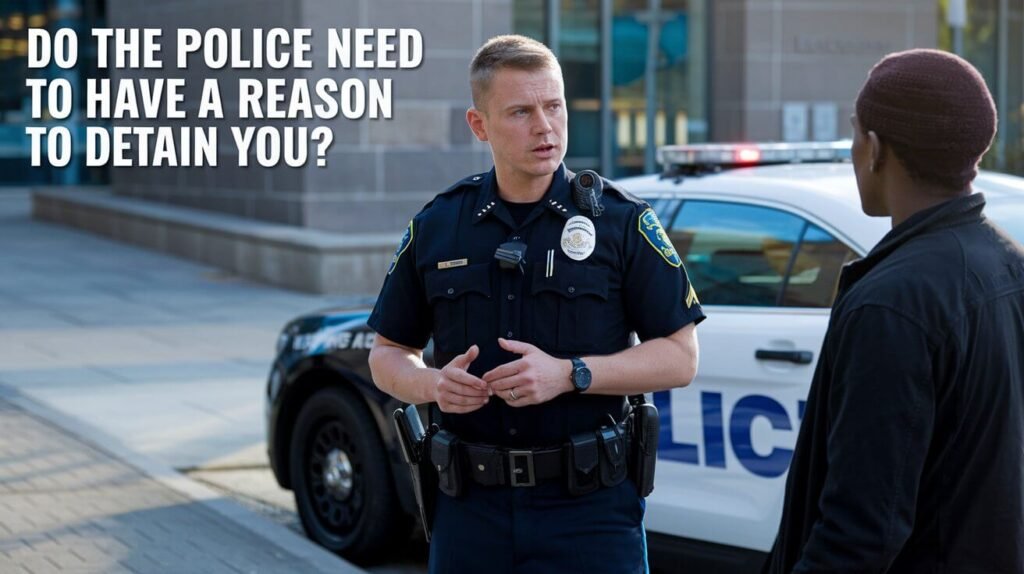Have you ever wondered why the police are sometimes referred to as "12"? It’s not just a random number; there’s a fascinating history behind it that dates back to the early days of law enforcement. In this article, we’ll dive deep into the origins of this term, explore its significance, and shed light on how it became part of modern-day slang. So, buckle up and get ready to uncover the truth behind the enigmatic "12"!
Let’s face it, the world of law enforcement is full of codes, numbers, and slang that can leave us scratching our heads. From "10-4" to "5-0," these terms have become ingrained in popular culture. But what about "12"? Why does it hold such a special place in the lexicon of cops and civilians alike? We’ll break it down for you step by step, so you’ll never be left in the dark again.
Understanding why the police are called "12" isn’t just about learning a new term; it’s about appreciating the rich history and traditions of law enforcement. Whether you’re a curious civilian or someone who works closely with law enforcement, this article will give you the insights you need to make sense of it all. Let’s dive right in!
Read also:Andre Rison The Story Of A Football Icon Who Left An Indelible Mark
Understanding the Origins of the Term "12"
The term "12" has its roots in the early days of radio communication. Back in the 1920s and 1930s, police departments across the United States began using two-way radios to coordinate their operations. These radios used specific codes to streamline communication, and one of the most common codes was "10-12," which stood for "conversation between officers." Over time, the "10" part of the code was dropped, leaving just "12" as shorthand for police activity.
How Did "12" Become Popular?
Like many slang terms, "12" gained popularity through its use in popular media. Movies, TV shows, and music often reference police codes, and "12" became a go-to term for describing law enforcement. For example, in the world of hip-hop, rappers frequently use "12" to refer to the police, adding a layer of cultural significance to the term. It’s not just a number—it’s a symbol of authority and power.
- Early radio codes laid the foundation for modern slang.
- Media played a key role in popularizing the term "12."
- Today, "12" is widely recognized as a synonym for the police.
The Cultural Impact of "12" in Modern Society
As we mentioned earlier, "12" isn’t just a term used by law enforcement professionals. It’s also deeply embedded in popular culture. Whether you’re watching a movie, listening to a song, or scrolling through social media, you’re likely to come across references to "12." This widespread use has helped cement the term’s place in the public consciousness.
Examples of "12" in Pop Culture
Take a moment to think about some of your favorite movies or TV shows. Chances are, you’ve heard characters refer to the police as "12." For instance, in the classic film "Training Day," Denzel Washington’s character uses the term to describe the cops he’s working with. Similarly, in the world of music, artists like Kendrick Lamar and J. Cole have incorporated "12" into their lyrics, giving the term even more relevance in today’s world.
- Denzel Washington’s use of "12" in "Training Day" added authenticity to the storyline.
- Hip-hop artists frequently reference "12" to highlight societal issues.
- The term has become a staple in modern storytelling across various mediums.
Why Is the Police Called "12" in Law Enforcement?
Now that we’ve covered the cultural side of things, let’s dive deeper into why the police are called "12" in law enforcement circles. The answer lies in the evolution of police communication systems. As technology advanced, so did the need for standardized codes to ensure clear and efficient communication. "12" became one of those codes, and its simplicity made it easy for officers to remember and use.
The Evolution of Police Codes
Police codes have come a long way since their inception. What started as a handful of simple numbers has grown into an extensive system of codes that cover everything from routine check-ins to emergency situations. "12" is just one example of how these codes have evolved over time. By understanding the history of police codes, we can appreciate the importance of "12" in modern law enforcement.
Read also:Pictures Of Miscarriages At 6 Weeks Understanding Coping And Healing
- Police codes were created to improve communication during emergencies.
- "12" is one of the oldest and most widely used codes in law enforcement.
- Its simplicity and effectiveness have ensured its continued use.
The Role of "12" in Community Policing
Community policing is all about building trust and cooperation between law enforcement and the communities they serve. In this context, the term "12" takes on a new meaning. It’s not just about enforcement; it’s about collaboration and understanding. By using terms like "12," officers can bridge the gap between themselves and the people they protect.
Building Trust Through Communication
Effective communication is key to successful community policing. When officers use terms like "12" in their interactions with the public, they’re showing that they’re approachable and relatable. This helps break down barriers and fosters a sense of unity between the police and the community. It’s a small but meaningful step toward creating a safer and more harmonious society.
- Using familiar terms like "12" can make officers seem more approachable.
- Community policing relies heavily on open and honest communication.
- Building trust is essential for effective law enforcement.
Common Misconceptions About "12"
Like any term, "12" has its fair share of misconceptions. Some people believe it refers to the number of officers on duty, while others think it’s a reference to the 12th Amendment of the U.S. Constitution. Neither of these is true, but they highlight the importance of understanding the real meaning behind the term. Let’s clear up some of the most common myths surrounding "12."
Debunking the Myths
One of the biggest misconceptions about "12" is that it’s a derogatory term. In reality, it’s a neutral term that simply refers to law enforcement. Another myth is that "12" is only used in certain regions of the country. In truth, it’s a widely recognized term that transcends geographic boundaries. By dispelling these myths, we can ensure that everyone understands the true meaning of "12."
- "12" is not a derogatory term; it’s a neutral reference to law enforcement.
- It’s used across the country, not just in specific regions.
- Clearing up misconceptions helps promote accurate understanding.
The Legal Implications of Using "12"
While "12" is widely used in both law enforcement and popular culture, it’s important to consider its legal implications. In some cases, using terms like "12" in certain contexts could be seen as inciting violence or promoting illegal activity. That’s why it’s crucial to use such terms responsibly and with an understanding of their potential impact.
Staying on the Right Side of the Law
For those who work in law enforcement, using "12" in official communications is generally considered acceptable. However, for civilians, it’s important to be mindful of how and where the term is used. By staying informed and using common sense, we can ensure that "12" remains a positive and meaningful term in the world of law enforcement.
- Using "12" responsibly is key to avoiding legal issues.
- Law enforcement professionals should be aware of the potential implications of their language.
- Civilians can help by using terms like "12" in appropriate contexts.
How "12" Fits Into the Bigger Picture of Law Enforcement
Understanding why the police are called "12" is just one piece of the larger puzzle of law enforcement. By examining the history, culture, and legal implications of the term, we can gain a deeper appreciation for the complexities of modern policing. It’s not just about enforcing the law; it’s about building relationships, fostering trust, and creating a safer world for everyone.
Looking to the Future
As technology continues to evolve, so too will the way we communicate about law enforcement. Terms like "12" may change or adapt to new realities, but their importance will remain. By staying informed and engaged, we can ensure that the conversation around law enforcement remains relevant and meaningful for generations to come.
- The future of law enforcement communication will likely involve new technologies and terms.
- Staying informed is key to understanding the evolving landscape of policing.
- Terms like "12" will continue to play a role in shaping public perception.
Conclusion: Why Is the Police Called 12?
In conclusion, the term "12" is much more than just a number. It’s a symbol of law enforcement’s rich history, its cultural significance, and its ongoing evolution. By understanding why the police are called "12," we can appreciate the complexities of modern policing and the importance of clear communication. So, the next time you hear someone refer to the police as "12," you’ll know exactly what they mean—and why it matters.
Now it’s your turn! Do you have any questions or thoughts about the term "12"? Leave a comment below and let’s keep the conversation going. And don’t forget to share this article with your friends and family so they can learn something new today. Together, we can make the world a little smarter—and a lot safer.
Table of Contents
- Understanding the Origins of the Term "12"
- The Cultural Impact of "12" in Modern Society
- Why Is the Police Called "12" in Law Enforcement?
- The Role of "12" in Community Policing
- Common Misconceptions About "12"
- The Legal Implications of Using "12"
- How "12" Fits Into the Bigger Picture of Law Enforcement
- Looking to the Future
- Conclusion: Why Is the Police Called 12?


